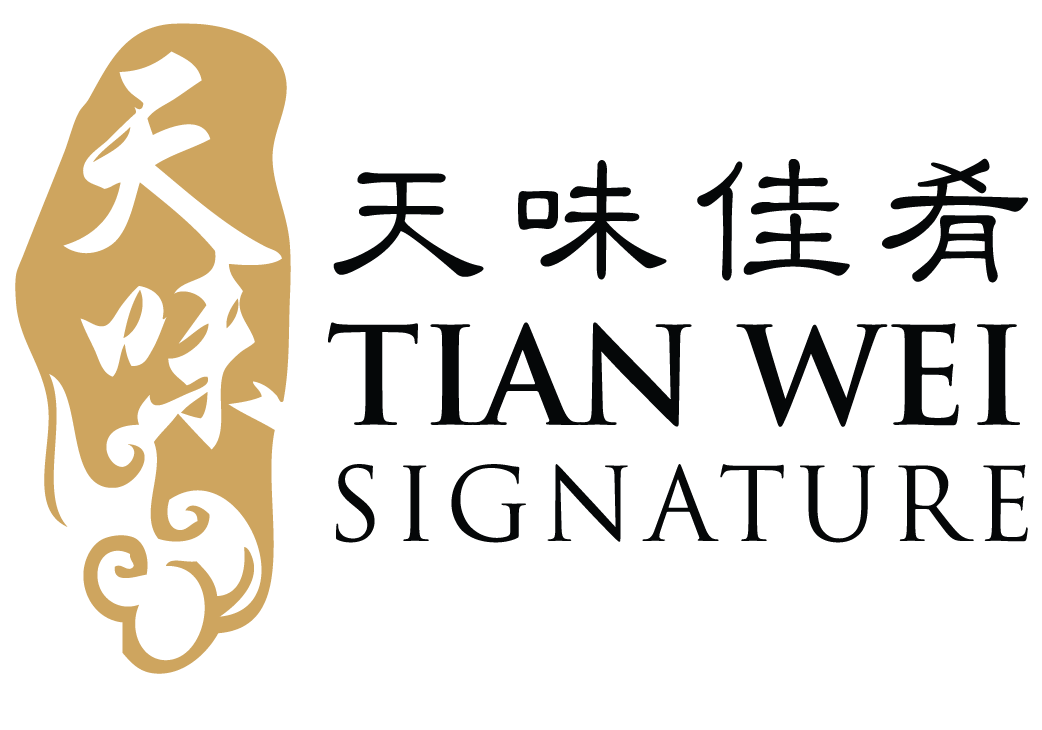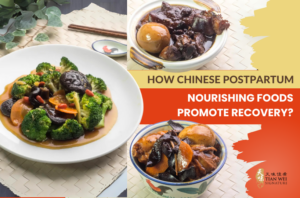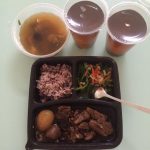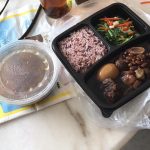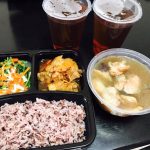81 Tagore Lane, TAG A, #01-11 Singapore 787502 ♦ Reservation : +65 6727 5599
Breastfeeding Diet: How Far of What You Eat Affect Your Baby?
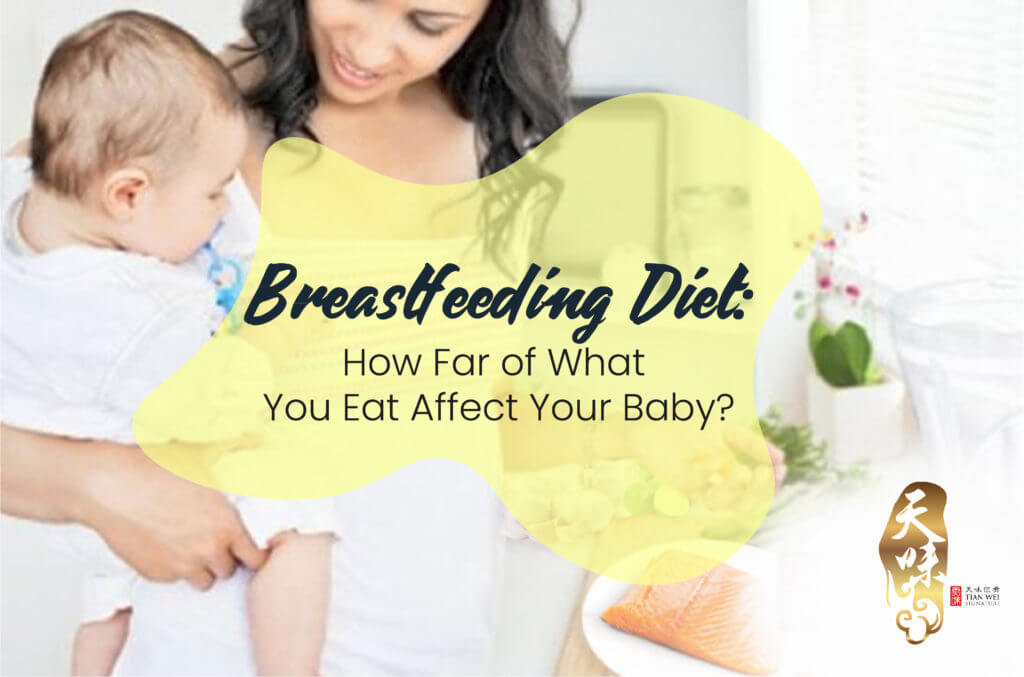
Did you know that even after birth, you are still eating for two? Yes! Certain things that you eat or drink will find their way into the breast milk and can have various effects on your breastfed baby – which can be either good or bad news.
The bad news is, there are foods you love that can affect your newborn negatively such as causing them to be extra fussy or develop allergies. Likewise, some food can improve the quality of your breast milk, leading to your baby’s better growth and development.
Listed below are some food for breastfeeding mother you should include more in your daily meals when breastfeeding, and others that you might want to cut down.
Oatmeal
A light comfort meal loved by many! You would be over the moon to know that this snack is a rich source of iron – essential for mothers going through post-pregnancy anaemia.
A new mom will lose a lot of blood during childbirth. The low red blood cell count in the body will affect the production of milk for the newborn. Iron is the nutrient that will assist in increasing the level of red blood cells. As a result, the production of breast milk will also increase.
This aspect is particularly crucial as it provides not only the nutrition for your baby’s growth but also antibodies for them to help fight off viruses and bacteria.
Insufficient milk can have serious, lasting consequences on the baby. Your kid might still grow up fairly well despite the lack of nutrients their body receives during the first few months of their life, but it can certainly have much worse effects.
Salmon
Did you know that you can make your milk more nutritious? Your baby can be receiving better quality milk from the omega-3 and DHA contents in salmon! Yes, the same DHA you would see mentioned a hundred times in fish-oil supplements and formula milk advertisements.
DHA is one of the omega-3 fatty acids that can boost your baby’s cognitive development! Omega-3 fatty acids lower the risk of heart disease, depression, dementia, and arthritis – all are which would be immensely helpful for a new mommy. They cannot be produced by the body on its own, but rather will be obtained from the foods we eat, like salmon, which can also improve your cardiovascular health.
However, beware to not generalize seafood. Fish like salmon and tuna are great for you as they contain high levels of omega-3 and low mercury levels. Unfortunately, fish like king mackerel, swordfish, longfin tuna, and yellowfin/ahi tuna all contain high levels of mercury in which all can harm your newborn.
Garlic
An effective immune booster, new moms in Indian culture usually take a specially-made garlic milk every morning as a part of their confinement practices. For many people, garlic can be too pungent to simply be eaten on its own.
Turning it into a milky drink is a smart way to gain the most of what it offers. It increases milk production, ensuring you will always have abundant milk supply for your newborn. Plus, the benefits of garlic can go as far as treating your baby’s colic!
Someone who has had a baby with colic may not know how much sleep they got, but they’d remember how much sleep they did NOT get from tending to their crying newborn the whole night.
That said, here are what you might want to keep away from your breastfeeding diet for the wellness of your newborn:
Citrus Fruits
There are many reasons causing colic, but avoiding anything that can aggravate your newborn’s tummy is one way to prevent it. Citrus fruits or fruits with high sugar content are among such foods which is why you should not feast on them too much or too frequently even though they can be really good for you.
Allergenic Foods
There are a number of foods that are prone to causing allergic reactions that you should stay away from. They vary from one individual to another, but the common ones are cow’s milk, wheat, soy, peanuts, and dairy products like cheese and yoghurt. Your baby is more likely to develop allergies if any of the family members have food allergies.
Understandably, people can have allergies towards various kinds of foods. You can be allergic to even the most common foods like seafood and chicken! So, if you have a question of can a breastfeeding mother eat chicken, the answer might not just rely on the health benefits alone but also whether they are allergic to it.
Caffeinated or Alcoholic Drinks
If your newborn is suddenly acting fussy or does not want to sleep, it could be due to what you have consumed – to keep YOURSELF awake. Unknowingly, that affects your baby more than you would expect. You could either feed your baby before you drink them or make sure to not feed your child for 2 to 3 hours after consuming. By then, your milk will be free of these elements.
Ultimately, it is not just about whether what you consume can increase milk production, but also how your newborn reacts to it.
Two pieces of advice to follow that would really benefit both you and your baby are 1) do not make drastic changes to your diet and 2) avoid risky foods. If you notice a certain pattern in your baby after you eat/drink certain things, you should stop consuming it for a while.
Looking up breastfeeding superfoods you could have more can always give you good results, but knowing what food to avoid during breastfeeding is more crucial. From treating colic to improving the baby’s immunity, your breastfeeding diet can affect your child to a great degree! Ready to start eating good or your baby?
